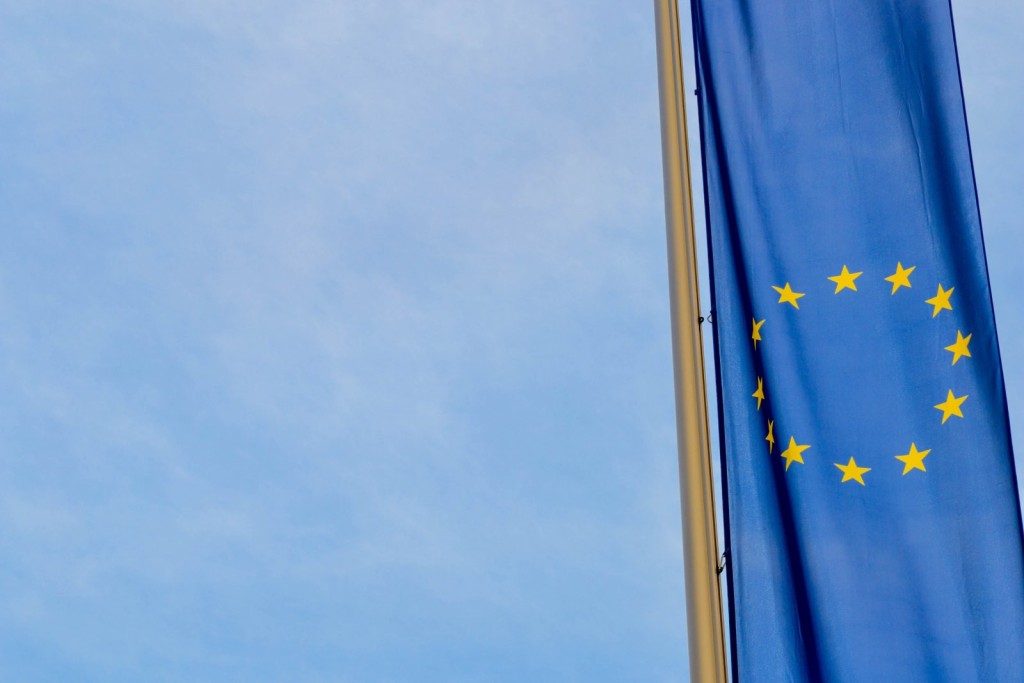TO
Charles Michel, President of the European Council
David Maria Sassoli, President of the European Parliament
Ursula Gertrud von der Leyen, President of the European Commission
Valdis Dombrovskis, Vice-President of the European Commission
Tuomas Saarenheimo, Chairman of the Committee for Economic and Financial Affairs
Johannes Hahn, Commissioner for Budget and Administration
Paolo Gentiloni, Commissioner for Economy
Directorate-General for Economic and Financial Affairs
Directorate-General for Financial Stability, Financial Services and Capital Markets Union
Confederal Group of the European United Left – Nordic Green Left
European Conservatives and Reformists Group
European People’s Party Group in the European Parliament
Group of the Greens/European Free Alliance
Group of the Progressive Alliance of Socialists and Democrats in the European Parliament
Identity and Democracy Group
Renew Europe Group
AN OPEN LETTER ON EU BUDGET 2021-2027
The negotiations on the European Union’s multi-annual financial perspective for 2021-2027 are underway. The European Commission’s recently updated budget proposal with suggested measures regarding the COVID-19 health and economic crisis and the recovery of the EU economy proposes only minor changes to the earlier version despite the extraordinary circumstances related to the pandemic and the increased need to use scarce taxpayers’ money in the most effective way possible.
The proposed massive borrowing of an additional € 750 billion at the expense of future financial obligations of EU taxpayers without a proper budget reform is likely to deepen the existing deficiencies in the EU budget and to undermine the EU’s ability to rise to the challenges facing EU27. Failure to reform the EU budget could further strengthen redistributive conflicts inside the EU and increase the risk of disintegration of the single market.
After the UK’s exit the EC’s proposal to increase the contributions of EU27 in order to maintain the same budget size as in 2014-2020 is ill-founded, especially as its significant share would continue to be redistributed to farmers, causing inefficiencies and raising questions of fairness.
The financial effects of Brexit and the needs related to the joint response to the COVID-19 crisis should be handled by reducing funding for CAP and cohesion policy.
A number of changes to the EU budget structure proposed by the European Commission are in the right direction, proposing to increase funding for those areas where it may add value. However, the proposed reductions for CAP and cohesion policy are negligible, and the total funding proposed for these areas remain far too large, amounting to around two thirds of the proposed EU budget.
At the same time the funding proposed for those areas which could bring value-added and contribute to the common goals of the EU27 are modest. A large number of new programmes and their catchy titles cannot disguise the remaining huge disproportions between their funding and the amounts earmarked for CAP and cohesion policy. The elimination of such redistributive programmes should be an essential precondition for the EU budget if it is to meet the basic principles of effectiveness, fairness and subsidiarity.
The size of the EU budget should be an outcome of the decisions to fund those areas and projects which comply with the principles of subsidiarity and European added value and which contribute to the common goals of the EU27 set out in the EU Treaty. Reductions of ill-founded redistributive funding should be redirected to the areas which contribute to the consolidation of the common market and more generally create positive spill-overs from EU funding to its member states, maximizing benefits from interdependencies and minimizing risks from it. Examples of such targeted spending include cross-border infrastructure and facilitation of cross-border trade, investment and travel, external border protection, and structural reforms.
The revenue structure of the EU budget should be made more transparent and easier to administer by moving towards GNI-based contributions of its member states, while other sources of revenues and corrections of payments (rebates) should be phased out.
The proposals to introduce new revenue sources, such as a tax on the access to the common market, a common consolidated corporate tax base and national contributions from non-recycled plastic packaging waste, contradict the principles of a more transparent and easily administered budget. Some of the newly proposed taxes would be counter-productive to the EU efforts to re-shore production and increase investments in the EU common market.
A GNI-based budget would be in line with the principles of fairness and democratic representation – as long as there is no EU wide polity there should be no EU-wide taxes.
We, the eleven undersigned think tanks from ten Member States, call on the EU leadership to rise up to today’s challenges and embrace the declared principles of effectiveness, fairness, subsidiarity, transparency and democratic accountability so that the new EU budget maximizes the added value of the taxpayers’ money in the pursuit of the common goals of the EU and its Member States.
For more see Position Paper on EU Budget 2021-2027.
Undersigned by:
Bruno Leoni Institute (Instituto Bruno Leoni), Italy
Center for Liberal Studies (ΚΕΦίΜ), Greece
Civil Development Forum (Forum Obywatelskiego Rozwoju), Poland
Civismo (Fundación Civismo), Spain
Foundation for the Advancement of Liberty (La Fundación para el Avance de la Libertad), Spain
Institute for Market Economics (Институт за пазарна икономика), Bulgaria
Institute of Economic and Social Studies (Inštitút ekonomických a spoločenských analýz), Slovakia
Liberal Institute (Liberální institute), Czech Republic
Lithuanian Free Market Institute (Lietuvos laisvosios rinkos institutas), Lithuania
Molinari Economic Institute (Institut économique Molinari), France
TIMBRO, Sweden
Contact: Lithuanian Free Market Institute, , +370 5 250 0280,
6 Juozapavičiaus Street, Vilnius 09310, Lithuania



